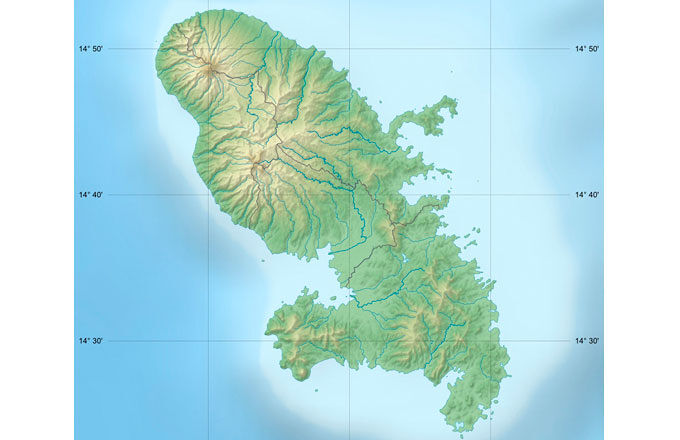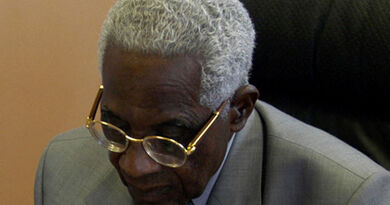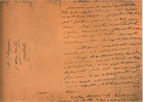Du Pont appointed governor of the island
Monsieur d’Esnambuc feeling broken with illness and close to his end and wanting to maintain the Establishment of Martinique which he regarded as his work, cast his eyes on Monsieur du Parquet, his nephew, cousin of this young gentleman who was killed in Saint-Christophe, when Don Federico de Tolède ousted the French. This young gentleman, brought up under the discipline of his uncle, came to Martinique, with fifteen old inhabitants and a few servants; he was received with acclamation from all the people, who, seeing their dear Monsieur d’Esnambuc revive their dear governor, in the person of his nephew, promised each other a conduct as happy under his government in Martinique, that they l had experienced at Saint-Christophe, under the command of that one.
Monsieur du Parquet applied all his care to continue this establishment; his affability and the inclination he had to oblige all its inhabitants won him the heart of his people: and I can assure, after what I learned myself from the inhabitants who were in Martinique when he got there , that his conduct and the familiarity with which he behaved with them, was the magnet that attracted so many people and what makes it today the most populous of the French islands. The snakes with which this island is full repelled the most daring, nobody dared to go there and it was so disparaged that the Captains of the ships which passed to go to Saint Christophe sold them some trade well, but did not want that the sailors put there dismount. The more land that was cleared, the more the inhabitants lost heart because, having no cure at that time for snake bites, as soon as a man was bitten by it, he died a day or two later. But the gentleness of M. du Parquet’s government stopped some and attracted others. Three months after his arrival, a French ship of two hundred and fifty tons came to anchor in the harbor: some twenty of the boldest passengers, despising the danger with which those of the ship threatened them, descended to shore; M. du Parquet received them with such civility, made them so dear, and won their hearts so well, that having returned to the ship and having spoken to the others, sixty-two men resolved not to go further. . The next day they were all together to greet him and ask him to accept that they lived with him; he accepted their offers, embraced them, promised them that he would regard them all his life as the companions of his fortune, and that he would always consider them as his good friends. I heard Monsieur du Parquet say that when the first twenty descended on the ground, he had only a quarter of brandy, which he generously offered them. This excess of civility undoubtedly contributed to the resolution they took to remain on the island, which was very useful for the Establishment of the Colony, nobody since that time having had any difficulty getting used to it.
The choice of such a brave Governor was approved by the Lords of the Company, and because the death of Monsieur d’Esnambuc prevented them from recognizing the considerable services he had rendered them for ten or eleven years, they testified to Monsieur du Public Prosecutor’s Office, his nephew and heir to his courage and his good conduct, by establishing him Captain General, that is to say Governor of Martinique, how much the memory of his uncle was dear and precious to them. The first Commission that the Company sent him is written in these terms:
The Company only acknowledges a state of affairs. It took two years to decide. Note that this time again the charges were lightened, no doubt following a request from the Prosecutor’s Office. This text shows us that the links of subordination of Martinique pass through Saint-Christophe. Du Parquet is theoretically under the orders of his uncle. De l’Olive and du Plessis had obtained an independent government from Saint-Christophe.



